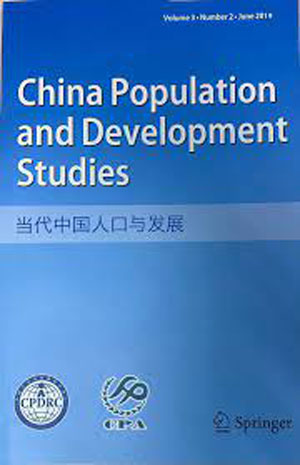How geopolitics impact global public investors
In the world of institutional investing, geopolitical risk has emerged as a pressing concern. While some asset owners contend that they are fully capable of analysing and managing such risk, they appear to be in the minority. Many public investors are still largely unprepared, lacking proper analytical frameworks and relevant expertise to tackle geopolitics in a structured and rigorous way. However, there is a relatively simple and straightforward solution to this: asset owners can apply some of the same...










